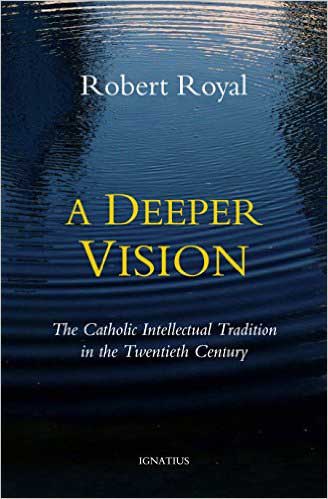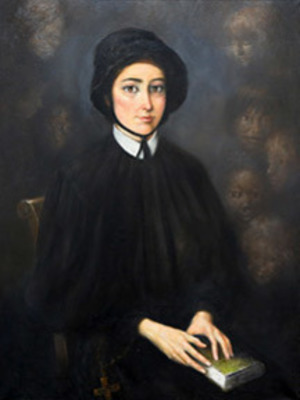Podcast: Play in new window | Download (Duration: 29:20 — 26.9MB) | Embed
Subscribe: Apple Podcasts | Spotify | Amazon Music | Android | Pandora | iHeartRadio | JioSaavn | Podchaser | Gaana | Podcast Index | Email | TuneIn | Deezer | Anghami | RSS | More
Episode 11 – Great Works in Western Literature with Joseph Pearce – William  Shakespeare part 2
Shakespeare part 2
The Merchant of Venice is probably the most controversial of all Shakespeare’s plays. It is also one of the least understood. Is it a comedy or a tragedy? What is the meaning behind the test of the caskets? Who is the real villain of the trial scene? Is Shylock simply vicious and venomous, or is he more sinned against than sinning?
 One of the most popular of Shakespeare’s plays, King Lear is also one of the most thought-provoking. The play turns on the practical ramifications of the words of Christ that we should render unto Caesar that which is Caesar’s, and unto God that which is God’s. When confronted with the demand that she should render unto Caesar that which is God’s, Cordelia chooses to “love and be silent”. As the play unfolds each of the principal characters learns wisdom through suffering.
One of the most popular of Shakespeare’s plays, King Lear is also one of the most thought-provoking. The play turns on the practical ramifications of the words of Christ that we should render unto Caesar that which is Caesar’s, and unto God that which is God’s. When confronted with the demand that she should render unto Caesar that which is God’s, Cordelia chooses to “love and be silent”. As the play unfolds each of the principal characters learns wisdom through suffering.
Based on the Ignatius Critical Edition, this series examines, from the Judeo-Christian perspective, the life, the times, and influence of authors of great works in literature .
Joseph Pearce is currently the Writer-in-Residence and Visiting Fellow at Thomas More College of Liberal Arts in Merrimack, New Hampshire. He is also Visiting Scholar at Mount Royal Academy in Sunapee, New Hampshire. He is also Visiting Scholar at Mount Royal Academy in Sunapee, New Hampshire. He is co-editor of the Saint Austin Review (or StAR), an international review of Christian culture, literature, and ideas published in England (Family Publications) and the United States (Sapientia Press). He is also the author of many books, including literary biographies of Solzhenitsyn, J. R. R. Tolkien, C. S. Lewis, G. K. Chesterton, and Oscar Wilde.
To learn more about the authors and titles available in the Ignatius Critical Editions


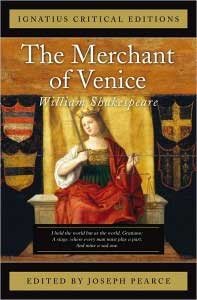

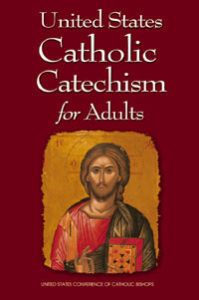
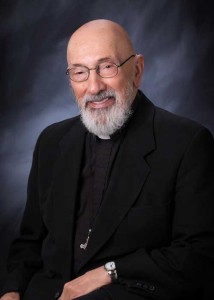
 The Church prepares a spiritual retreat for all of us during Lent. The Holy Spirit is transforming you in a radical way so that you become more like Jesus Christ…the day by day exercise of Morning Prayer, the Eucharist and Evening Prayer, Fasting and Almsgiving, and the other moments of contemplative prayer aids in the transformation…our ego decreases and Jesus increases in our minds and in our hearts.
The Church prepares a spiritual retreat for all of us during Lent. The Holy Spirit is transforming you in a radical way so that you become more like Jesus Christ…the day by day exercise of Morning Prayer, the Eucharist and Evening Prayer, Fasting and Almsgiving, and the other moments of contemplative prayer aids in the transformation…our ego decreases and Jesus increases in our minds and in our hearts.
 You can find the book
You can find the book 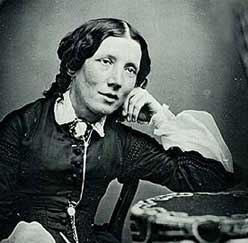 Tom’s Cabin paints pictures of three plantations, each worse than the other, where even the best plantation leaves a slave at the mercy of fate or debt. Her questions remain penetrating even today: “Can man ever be trusted with wholly irresponsible power?”
Tom’s Cabin paints pictures of three plantations, each worse than the other, where even the best plantation leaves a slave at the mercy of fate or debt. Her questions remain penetrating even today: “Can man ever be trusted with wholly irresponsible power?”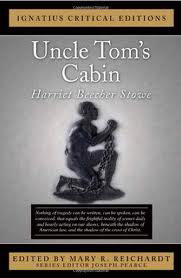
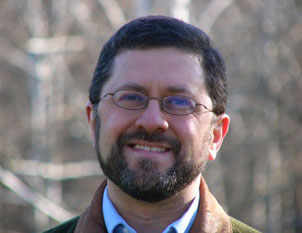 ary 28 is the day the Catholic Church honors St. Thomas Aquinas. The Italian saint was a priest and is widely recognized as being one of the most influential figures in the study of theology. Mike Aquilina who he refers to him as the “poet laureate of heaven”.
ary 28 is the day the Catholic Church honors St. Thomas Aquinas. The Italian saint was a priest and is widely recognized as being one of the most influential figures in the study of theology. Mike Aquilina who he refers to him as the “poet laureate of heaven”.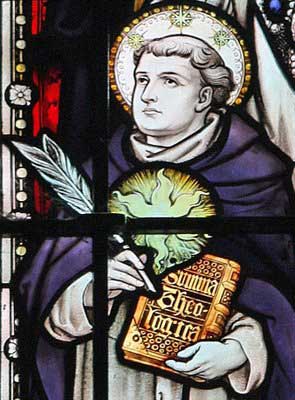

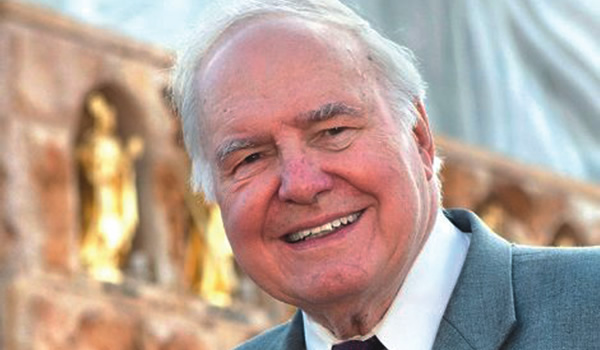 What a delight to talk once again to Michael Novak especially about “
What a delight to talk once again to Michael Novak especially about “
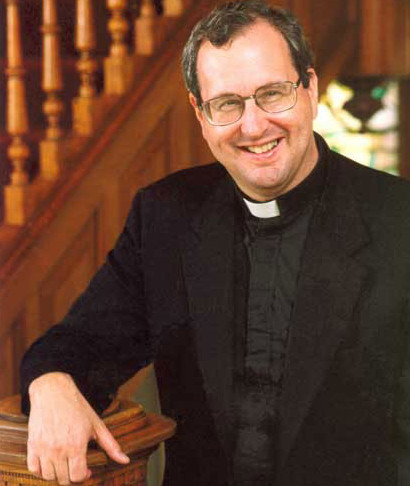 “The Souls Upward Yearning: : Clues to Our Transcendent Nature from Experience and Reason (Happiness, Suffering, and Transcendence)” has become one of my favorite books of all-time! Fr. Robert Spitzer S.J. once again offers an incredible work that “feeds” not only the mind but also the heart. As a matter of fact, the beauty of this book, on the transcendental nature of our souls, is that it begins with the experience of the heart and then moves us to the head (which is an important flip from how we typically travel the beginnings of the spiritual journey).
“The Souls Upward Yearning: : Clues to Our Transcendent Nature from Experience and Reason (Happiness, Suffering, and Transcendence)” has become one of my favorite books of all-time! Fr. Robert Spitzer S.J. once again offers an incredible work that “feeds” not only the mind but also the heart. As a matter of fact, the beauty of this book, on the transcendental nature of our souls, is that it begins with the experience of the heart and then moves us to the head (which is an important flip from how we typically travel the beginnings of the spiritual journey).
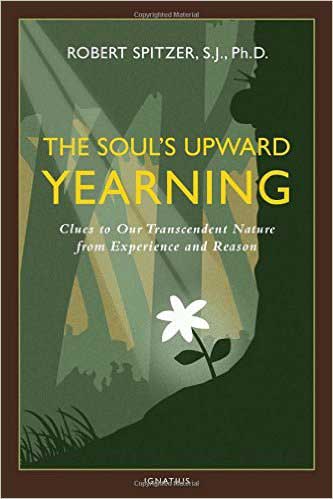
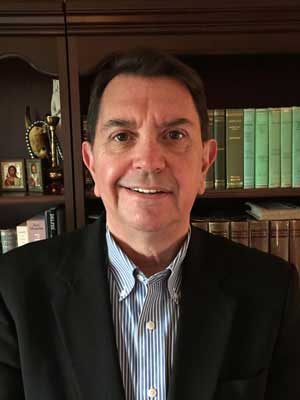 When I saw the author, Robert Royal, and then the title of the book, “A Deeper Vision: The Catholic Intellectual Tradition in the Twentieth Century” on the front cover, I knew this was going to be a great adventure in reading. I was not disappointed. In fact, this book is incredible! DO NOT be intimidated by the subject matter, on the contrary, embrace it as a cherished gift for the mind and heart!
When I saw the author, Robert Royal, and then the title of the book, “A Deeper Vision: The Catholic Intellectual Tradition in the Twentieth Century” on the front cover, I knew this was going to be a great adventure in reading. I was not disappointed. In fact, this book is incredible! DO NOT be intimidated by the subject matter, on the contrary, embrace it as a cherished gift for the mind and heart!